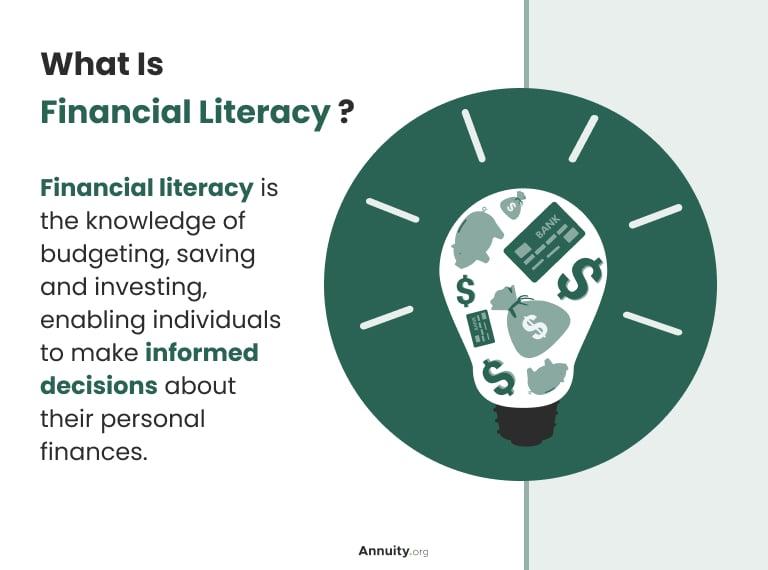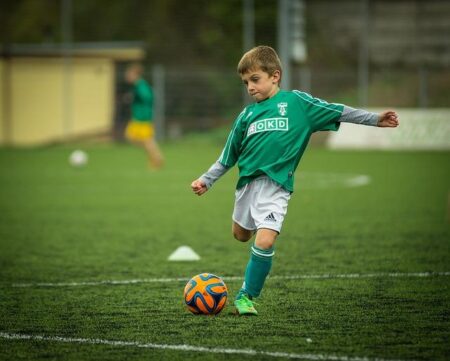As women’s golf continues to gain momentum both on and off the course, the importance of financial literacy among its players has never been greater. With growing prize purses, endorsement opportunities, and evolving career paths, understanding the financial game plan is crucial for female golfers aiming to secure long-term success and stability. This article, brought to you by Schwab, explores why financial education is becoming an essential playbook element in the women’s golf arena and how it can empower athletes to navigate the complexities of their professional journeys.
The Rising Cost of Competitive Golf and Its Impact on Women Players
The landscape of competitive golf is evolving rapidly, and with it comes a significant financial burden for aspiring women players. As entry fees, equipment costs, and travel expenses continue to rise, many female athletes are finding themselves at a disadvantage compared to their male counterparts. The increasing costs can act as a deterrent, limiting opportunities for participation and advancement in the sport. As a result, financial literacy is becoming a critical skill for these players, empowering them to make smarter decisions regarding sponsorships, investments, and budgeting.
In the face of rising expenses, the golf community must also adapt to foster a more inclusive environment. Programs that focus on financial education are essential for equipping women with the tools they need to navigate the complexities of competitive play. Key areas of focus should include:
- Understanding sponsorship agreements and negotiation techniques
- Managing personal finances and setting realistic budgets
- Leveraging social media and personal branding for financial gain
By prioritizing financial literacy, organizations can help alleviate some of the pressures that financial constraints place on women in golf, ensuring that talent and passion for the game are not overshadowed by socioeconomic challenges.
Strategic Financial Moves Women Golfers Can Make to Secure Their Future
As women golfers navigate the complexities of their careers, establishing a strong financial foundation is crucial for long-term success. By prioritizing financial literacy, athletes can make well-informed decisions that not only benefit their careers in the sport but also secure their futures. Strategies include setting up an Emergency Fund to cover unexpected expenses and creating a budget that allocates income wisely between current needs and long-term savings. Investing in diversified portfolios, like stocks and mutual funds, can also provide growth opportunities to bolster financial independence.
Engaging with financial advisors who specialize in sports can tailor plans to meet individual needs and ambitions. Networking within the golf community is essential for discovering sponsorship opportunities, which can supplement income and contribute to a secure financial future. Additionally, golfers should consider the following key actions to enhance their financial literacy:
- Attend Financial Workshops: Seek out courses focused on personal finance and investment management.
- Utilize Technology: Leverage financial management apps to track expenses and savings.
- Seek Mentorship: Build relationships with experienced professionals who can provide guidance.
Future Outlook
As women’s golf continues to grow in prominence and professionalism, the importance of financial literacy among its athletes cannot be overstated. With evolving sponsorship landscapes, increased prize money, and opportunities beyond the course, understanding personal finance is crucial for these athletes to secure long-term success and stability. Schwab’s initiative highlights not only the need for tailored financial education but also the broader conversation about empowering women in sports through knowledge and resources. As the game evolves, so too must the financial strategies that support those who play it, affirming that savvy money management is now as essential as skillful play on the fairway.








